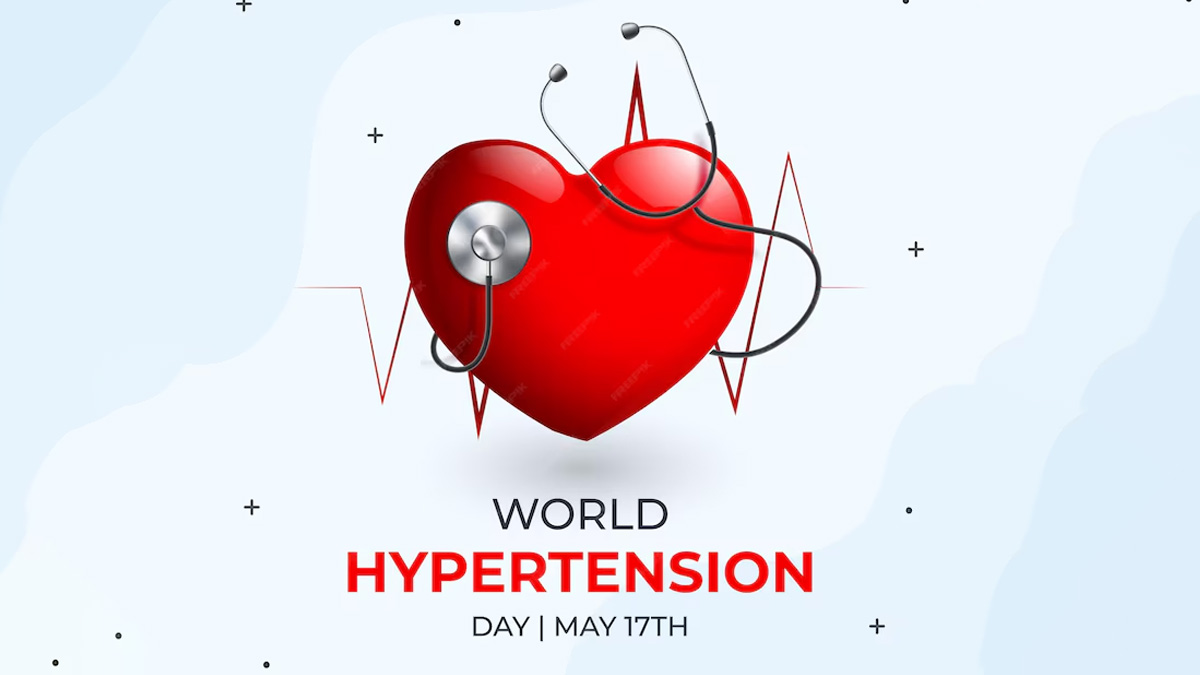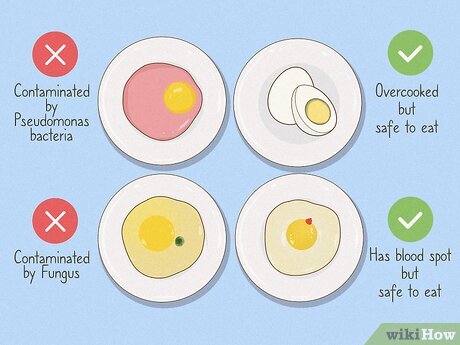Hypertension: The Silent Killer Affecting Over 294 Million in South-East Asia
New Delhi, May 17, 2025 – As the world observes World Hypertension Day, the World Health Organization (WHO) has issued a stark warning about the growing prevalence of hypertension, which now affects over 294 million people across the South-East Asia Region.
Why Is Hypertension a Silent Killer?
Hypertension, or high blood pressure, is often called a silent killer because it develops without noticeable symptoms but can lead to heart attacks, strokes, kidney disease, and other life-threatening conditions. According to WHO, the unmet need—the gap between those diagnosed and those receiving proper treatment—remains as high as 88%, meaning 9 out of 10 people with hypertension are not receiving optimal care.
Key Risk Factors Driving Hypertension in SE Asia
- Unhealthy Diets – High salt intake, processed foods, and trans fats
- Physical Inactivity – Sedentary lifestyles leading to obesity
- Tobacco & Alcohol Use – Major contributors to high blood pressure
- Mental Stress – Chronic stress increasing hypertension risk
Preventive Measures & Treatment Advancements for Hypertension
Hypertension, often called the silent killer, affects millions worldwide, leading to serious health complications like heart disease, stroke, and kidney failure. However, preventive strategies and medical advancements are helping individuals manage and reduce their risk effectively.
Preventive Measures: How to Lower Your Risk
Lifestyle Modifications
- Healthy Diet – Reduce salt intake, avoid processed foods, and consume potassium-rich fruits & vegetables.
- Regular Exercise – Engage in 30 minutes of moderate activity daily, such as walking, cycling, or swimming.
- Weight Management – Maintain a healthy BMI to reduce strain on the heart.
- Stress Reduction – Practice meditation, yoga, and deep breathing to lower blood pressure naturally.
Avoiding Risk Factors
- Limit Alcohol & Tobacco – Excessive alcohol and smoking contribute to high blood pressure.
- Reduce Sugar & Trans Fats – Processed foods and sugary drinks increase hypertension risk.
- Monitor Blood Pressure Regularly – Early detection helps prevent complications.
Government & Community Initiatives
- Public Awareness Campaigns – WHO and health organizations promote routine BP screening.
- Salt Reduction Programs – Encouraging lower sodium consumption in packaged foods.
- Encouraging Physical Activity – Urban planning for walkable cities & fitness-friendly environments.
Treatment Advancements: Latest Innovations in Hypertension Care
New Drug Therapies
- Single-Pill Combinations – Reducing complexity and improving adherence.
- Sodium-Glucose Cotransporter-2 (SGLT2) Inhibitors – Beneficial for patients with diabetes & hypertension.
- Fixed-Dose Treatments – Enhancing blood pressure control with combination medications.
Digital Health & Telemedicine
- Home BP Monitoring – Patients can track blood pressure using wearable devices & mobile apps.
- Telehealth Consultations – Remote medical guidance for hypertension management.
- AI-Based Risk Prediction – Advanced algorithms help doctors personalize treatment.
Minimally Invasive Procedures
- Renal Denervation Therapy – A promising technique for resistant hypertension.
- Ultrasound & Alcohol Injections – New methods to regulate blood pressure
India’s Fight Against Hypertension
India has set a target of reducing hypertension prevalence by 25% by 2025. To achieve this, the government launched the Indian Hypertension Control Initiative (IHCI), aiming to provide fast-track treatment services for over 220 million Indians suffering from high blood pressure.
WHO’s Call for Action
WHO has urged governments, healthcare professionals, and civil society organizations to focus on:
- Promoting healthy diets & physical activity
- Reducing tobacco & alcohol consumption
- Expanding access to standardized treatment protocols
- Ensuring equitable healthcare access
Bottom-Line: A Global Health Priority
With hypertension being a leading cause of premature mortality, WHO emphasizes that strong political will, community engagement, and innovative healthcare approaches are essential to reducing the burden of hypertension and achieving the global goal of reducing premature deaths from non-communicable diseases by one-third by 2030.




